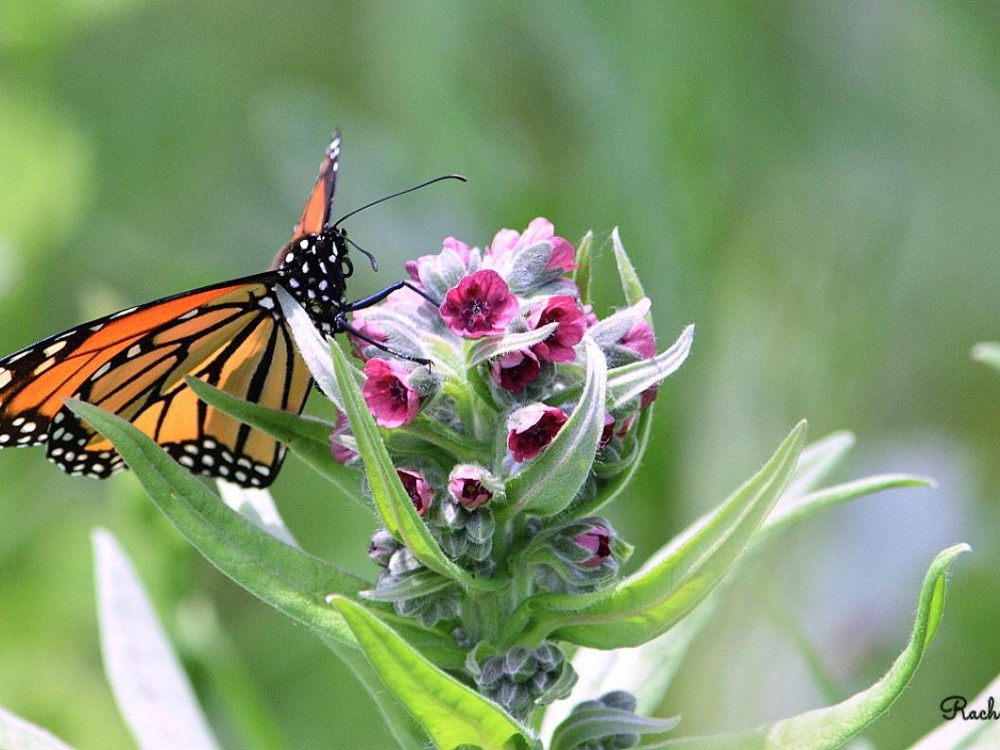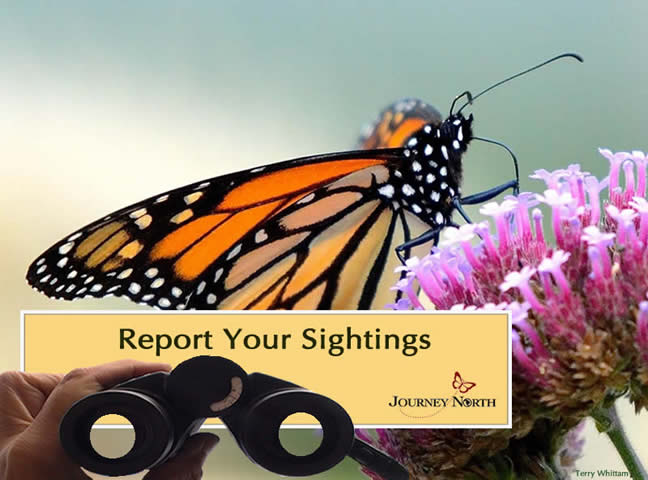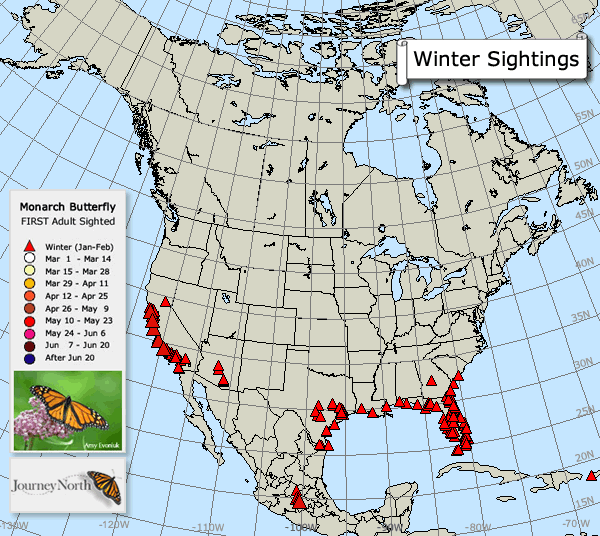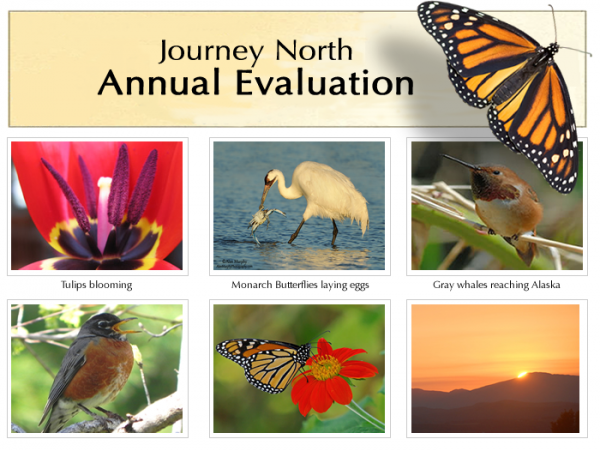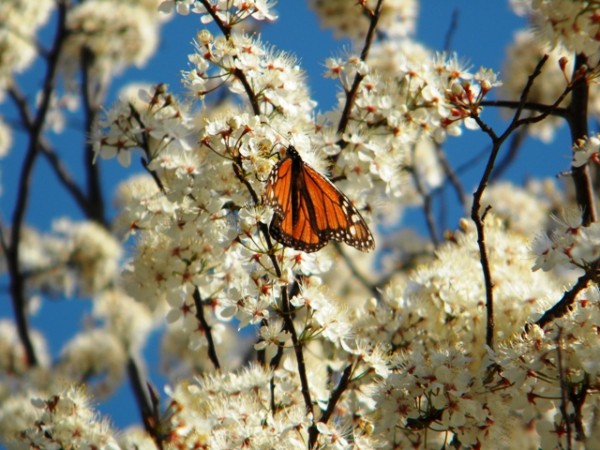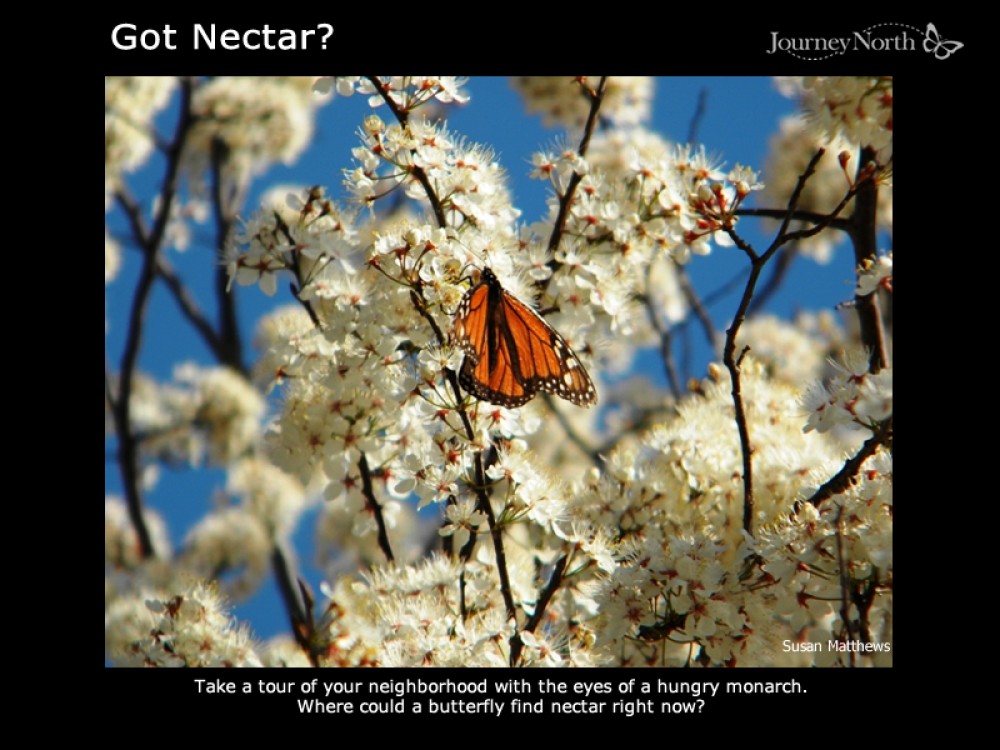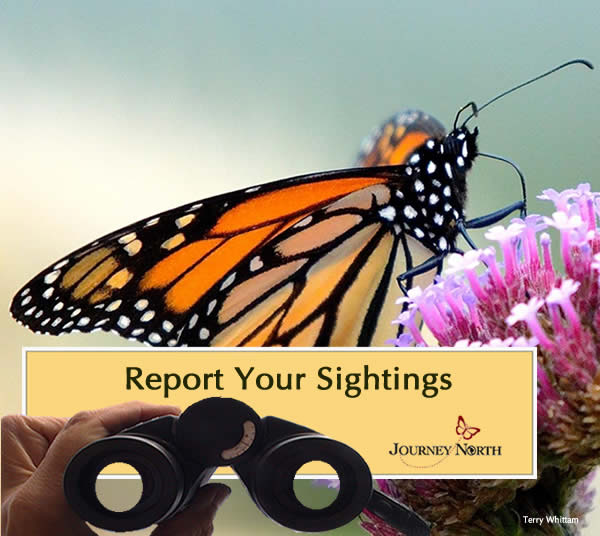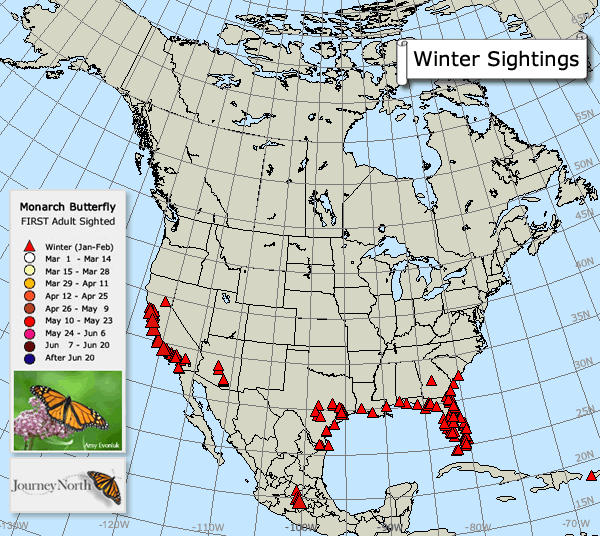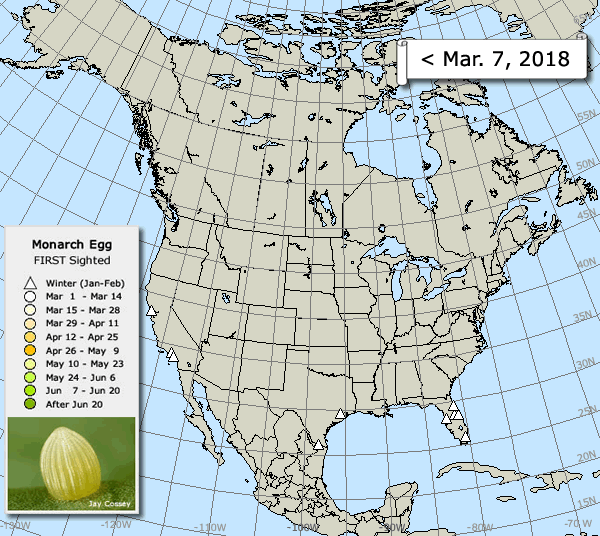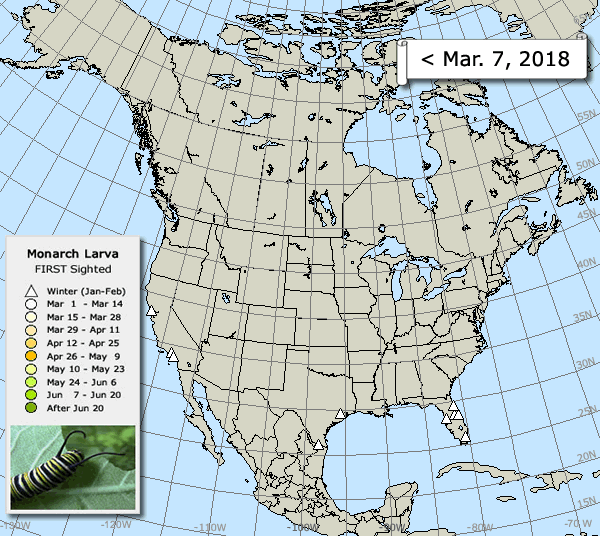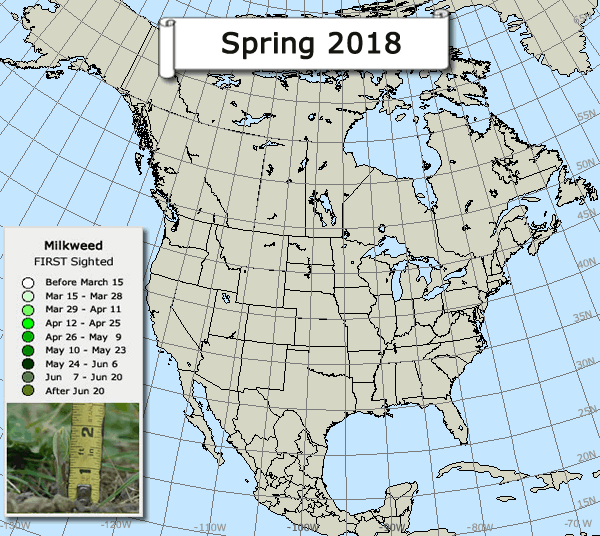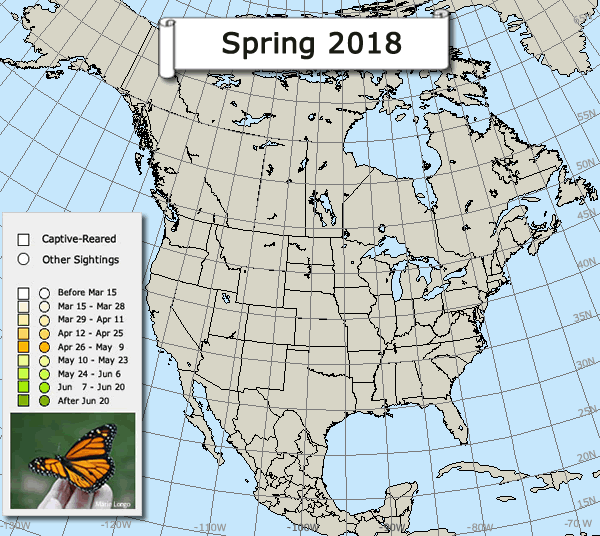Flower-Powered
Monarchs depend on nectar to fuel their busy lives. What sources do you have available when the butterflies arrive?
A First for Nova Scotia
Our earliest-ever arrival in Nova Scotia was reported on May 18th, nectaring on dandelions. "It was flying around flower to flower - beautiful," reported Krista Welsh from Pleasantville.
In a typical year, monarchs are so few and far between in the spring that they are not reported in Nova Scotia until June - or even July, when the population has built up to detectable levels.
This unusually early arrival means monarchs are keeping pace with last spring’s unusually early migration in the east. Our prediction for a robust summer population in the eastern region holds. New England is reporting early monarchs, too with sightings from 4 new states this week - Vermont, New Hampshire, Rhode Island, and Connecticut.
Sip, Flit, and Fly
People reported monarchs nectaring this week on many different flowers, including bluebells in Minnesota, lilacs in Nebraska and Michigan, blue mist flowers in Texas, milkweed in Oklahoma, and dandelions in New York and Nova Scotia.
As these reports show, adult monarchs can eat nectar from a wide variety of flowers. They are generalists. In contrast, monarch larvae are specialists. They can only eat milkweed.
The Need for Nectar
Nectar is important for migration, but monarchs need nectar during the breeding season, too. Females produce hundreds of eggs and travel widely in search of milkweed. Males fly across the landscape in search of females, patrol patches of milkweed, and produce energy-rich spermataphores to deliver to females during mating.
Nectar in the Garden
Do some research to find nectar-rich flowers that grow well in your region. Pay attention to flowering dates so you can provide nectar for monarchs from the time they arrive in the spring until they migrate south in the fall. Monarchs need milkweed, but they need nectar plants too.
- Report your butterfly sightings: What nectar sources do you see monarchs using?
Nectar and Migration
Spring Migration 2018
Report all monarchs you see — adults, eggs, larvae.

